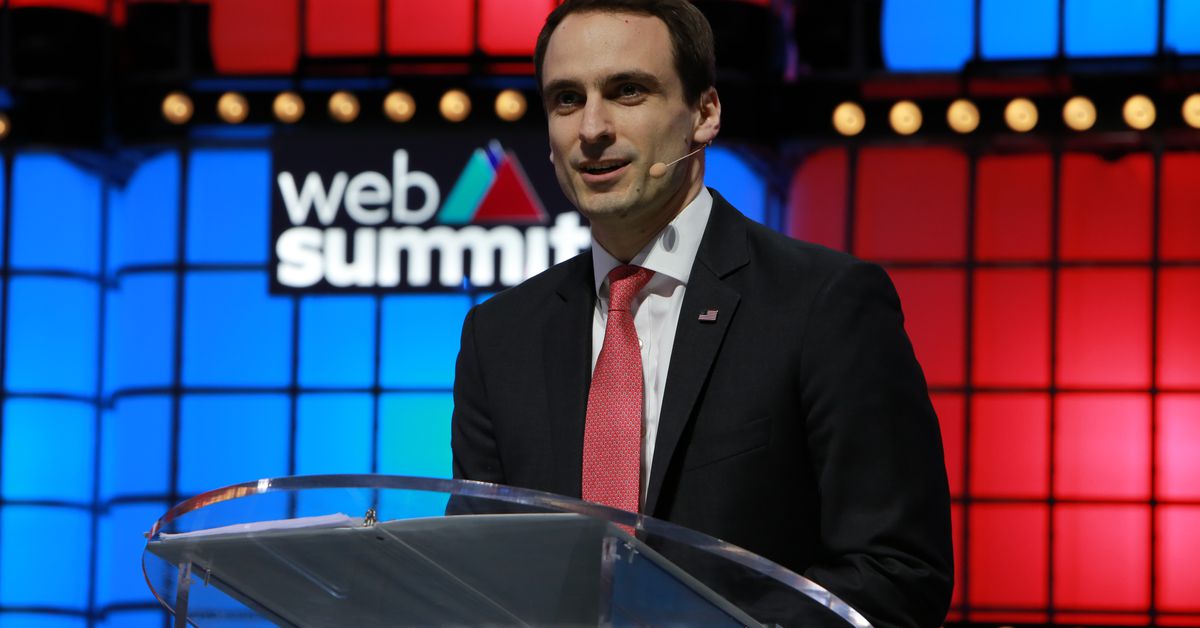OpenAI has released a new blog post defending itself against Elon Musk’s accusations, which outlines some new text messages between cofounders Ilya Sutskever, Greg Brockman, Sam Altman, Elon Musk, and former board member Shivon Zilis.
A Heated Dispute Over AI Research
The OpenAI blog post reads: "You can’t sue your way to AGI." This statement refers to artificial general intelligence, which Altman has promised will be developed soon. The post continues: "We have great respect for Elon’s accomplishments and gratitude for his early contributions to OpenAI, but he should be competing in the marketplace rather than the courtroom. It is critical for the U.S. to remain the global leader in AI. Our mission is to ensure AGI benefits all of humanity, and we have been and will remain a mission-driven organization."
New Text Messages Reveal Tensions Between Musk and OpenAI
Some of the new messages revealed show Brockman telling Zilis in July 2017 about a meeting he had with Musk. According to the text message, Musk allegedly said that a non-profit was definitely the right structure early on but "may not be the right one now." Later that month, Brockman wrote to Musk that the path for OpenAI should be:
- AI research non-profit (through end of 2017)
- AI research + hardware for-profit (starting 2018)
- Government project (when: ??)
Musk’s Attempts to Gain Control Over OpenAI
The blog also highlights Musk’s attempts to maneuver into the CEO position and gain majority control of the company. Although it adds that on one call Musk said he "didn’t care about equity" but "just needed to accumulate $80B for a city on Mars." Musk also proposed that OpenAI spin into Tesla, which has been previously revealed.
When the negotiations fell apart because OpenAI’s cofounders rejected his proposal (Brockman and Sutskever admitted they had fears of a power struggle), Musk resigned from the company. The blog states: "After Musk resigned, he hosted a goodbye all-hands with the team where he encouraged them to ‘pursue the path we saw to raising billions per year’ and that ‘he would pursue advanced AI research at Tesla, which was the only vehicle he believed could obtain this level of funding.’"
Musk’s Text Messages Raise Questions About His Motivations
Later, around the time Musk was working to acquire Twitter, he texted Altman: "I’m disturbed to see the company’s new $20 billion valuation. De facto. I provided almost all the seed, A and most of B round funding." He wrote: "This is a bait and switch."
A few months after this interaction, Musk started an OpenAI competitor, xAI.
Court Filing Contradicts Musk’s Narrative
Some of the messages published by OpenAI were previously outlined in court filings that Musk made in his ongoing suit against OpenAI and its partner Microsoft. The lawsuit, filed by Musk in March, alleges that OpenAI had strayed from its original nonprofit mission to develop AI for the public good (he withdrew it in June 2024 without explanation, then refiled in August 2024).
OpenAI’s Response
Today’s update from OpenAI attempts to counter Musk’s narrative by offering evidence that he, not Altman, attempted to seize control in the company’s early days – a direct response to Musk’s recent lawsuit claims about Altman’s power consolidation.
The Heated Debate Over AI Research Continues
The heated lawsuit between Elon Musk and OpenAI is ongoing. The latest development from OpenAI is an attempt to defend itself against Musk’s accusations by revealing new text messages that show Musk’s attempts to gain control over the company in its early days.
What Does This Mean for the Future of AI?
As the debate continues, one thing becomes clear: the future of AI research will be shaped by the decisions made today. Will companies like OpenAI and Microsoft continue to prioritize innovation and public benefit, or will they succumb to the pressure of profit-driven interests?
A Look Back at the History of OpenAI
OpenAI was founded in 2015 with a mission to develop AI that benefits humanity. The company has made significant strides in recent years, but its path forward is uncertain.
The Role of Non-Profits in AI Research
The debate over non-profits and for-profit companies driving AI research is contentious. Some argue that non-profits are essential for ensuring public benefit, while others believe that for-profit companies can drive innovation more effectively.
Musk’s Vision for the Future of Human Civilization
Elon Musk has long been a proponent of developing advanced AI capabilities to ensure humanity’s survival. His vision for a future with AGI is ambitious and far-reaching.
The Risks and Benefits of AGI
While some experts see AGI as a revolutionary development that could solve some of the world’s most pressing problems, others raise concerns about its potential risks.
What’s Next for OpenAI?
As the lawsuit continues to unfold, it remains to be seen how this will impact OpenAI’s future. One thing is clear: the stakes are high, and the outcome will have far-reaching implications for AI research and development worldwide.
Conclusion
The heated lawsuit between Elon Musk and OpenAI is a microcosm of the larger debate over AI research and its impact on society. As we move forward, it’s essential to prioritize innovation, public benefit, and accountability in AI development.




